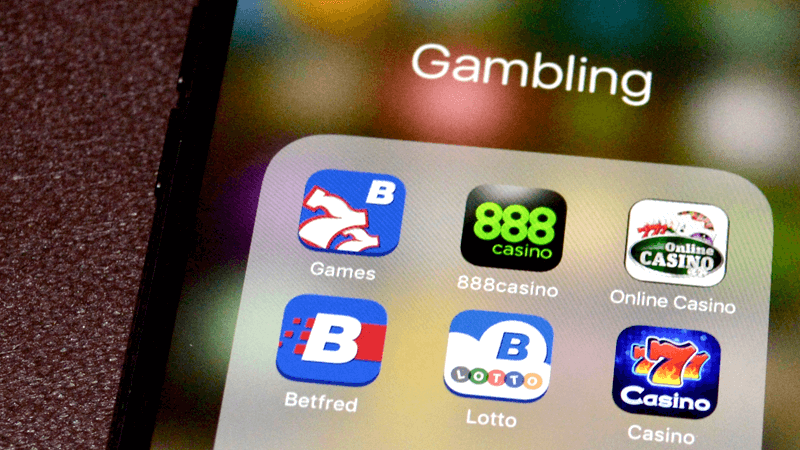Major bookmakers have been warned after targeting vulnerable people with “fake news” stories which claim gambling can fix major life problems.
It comes as the Gambling Commission lifts the lid on widespread gambling among university students.
The Advertising Standards Authority (ASA) has rebuked Ladbrokes Coral, Sky Vegas, 888, and Casumo for paying affiliate websites to publish fake news articles which encouraged gambling.
‘Fake news’
The articles suggested that “William”, a man with depression who was £130,000 in debt due to paying for his wife’s cancer treatment, won £700,000 after making a £10 bet.
The article claimed that the fictional William won “over 30 times his annual salary in a single spin”, and that having done so, “his debt and financial worries came to an abrupt end”.
The ASA said adverts should not suggest that gambling could solve or provide an escape from personal or financial problems, and that the adverts in question “targeted vulnerable people”.
Better education
It comes at the same time as the Gambling Commission suggests that around 1.2 million students gamble – more than two thirds of all students in the UK.
The alarming figures estimated that 100,000 students are in gambling debt, with a quarter of these in debt of over £10,000, and one in eight students missed lectures due to gambling.
The figures were collated in an online survey of 1,000 students conducted by student polling company YouthSight.
The Gambling Commission called on universities to better educate students about gambling-related risks, and provide the same level of information as they do for drinking and drugs.
Serious failings
Last month, online bookmaker 888 UK Ltd was hit with a record fine of nearly £8 million after it failed to block users who wanted to stop gambling.
888 allowed users who self-excluded on one platform to continue betting on online bingo, and also failed to recognise signs of problem gambling as a single user staked over £1 million.
Sarah Harrison, Chief Executive of the Gambling Commission said: “This penalty package of just under £8million reflects the seriousness of 888’s failings to protect vulnerable customers.”

